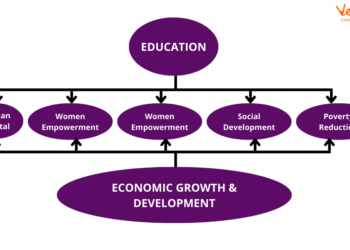Nigeria was once a global leader in palm oil production, but over the years, the country has lost its dominance to nations like Indonesia and Malaysia. Despite having vast arable land, a favorable climate, and a large workforce, Nigeria still imports palm oil to meet domestic demand. Revitalising palm oil production for export is not just an economic opportunity but a necessity for national growth and stability.
Expanding palm oil production for export would significantly boost Nigeria’s foreign exchange earnings. The global demand for palm oil continues to rise, driven by its wide applications in food, cosmetics, and biofuels. By increasing exports, Nigeria can reduce its overreliance on crude oil revenue, which has made the economy vulnerable to fluctuations in global oil prices. Countries like Malaysia earn billions of dollars annually from palm oil exports, demonstrating the economic potential Nigeria can harness.
Palm oil production has the capacity to create millions of jobs along the value chain, from farming and processing to transportation and exportation. Smallholder farmers, who form the backbone of Nigeria’s agricultural sector, would benefit from increased demand and higher prices. Large-scale processing plants would also generate employment, stimulate industrial growth, and drive rural development, reducing poverty levels.
Increasing local palm oil production would strengthen food security and reduce Nigeria’s reliance on imports. The country currently spends significant foreign exchange importing palm oil to meet domestic needs, putting pressure on its reserves. By producing enough for both local consumption and export, Nigeria can achieve self-sufficiency, stabilise prices, and strengthen its food processing industry, which relies on palm oil for products such as margarine, vegetable oil, and noodles.
Beyond raw palm oil, Nigeria has the potential to develop a thriving agro-industrial sector by processing palm oil into higher-value products such as refined oils, oleochemicals, and biofuels. This would increase the country’s export value, promote industrialisation, and encourage technological advancements. The global shift toward sustainable energy sources also presents an opportunity for Nigeria to tap into the biofuel market using palm oil derivatives.
To fully exploit the economic benefits of palm oil production, Nigeria must implement strategic policies that encourage investment, research, and innovation in the sector. Providing credit facilities to farmers, improving rural infrastructure, and adopting modern agricultural techniques would enhance productivity and competitiveness. The government must also enforce policies that discourage excessive palm oil imports, ensuring that local production is prioritised and expanded.
The revival of palm oil production presents a significant opportunity for Nigeria to diversify its economy, generate substantial foreign exchange, and create employment. With the right investments and policy support, the country can regain its position as a leading palm oil exporter, unlocking long-term economic benefits and driving sustainable development. The potential is immense, but action is required now to harness it effectively.
















